|
One of the most difficult things for parents to hear is their child putting him/herself down or saying things like, “I am so stupid.”, “I am such an idiot., “No one likes me.” Even if we aren’t hearing these thoughts out loud, some children berate themselves silently. When we share our daily intentions, or have group lessons in mindfulness, we encourage one another to be kind to ourselves. What we tell ourselves impacts how we behave. How we behave impacts how we are treated. How we are treated impacts what we tell ourselves. This can become a vicious cycle of negativity. Compliments are helpful in building self esteem. The compliments need to be specific and genuine. Kids know when compliments are sincere. I recently read the book, Giraffes Can’t Dance to my students. The book features Gerald the giraffe, who can’t dance- YET. As new readers, we discussed how we can’t read- YET! But with hard work, determination, and a positive thought process, we can do anything. Kids don’t realize the way they talk to themselves has power. What we tell ourselves, creates our world. If we could treat ourselves kindly and highlight the awesome things we do, we build self-confidence. We also need to be aware of our weaknesses; finding ways to grow and improve without putting ourselves down. Negative self-talk is a part of the human experience. Most people have an ongoing dialogue with themselves- whether internal or vocalized. We need to challenge negative thinking and beliefs about ourselves and replace them with more positive ones. That means we can learn to consciously choose to replace our negative thoughts with positive ones that will make students feel good about themselves.
0 Comments
Leave a Reply. |
TIS StakeholdersA collection of thoughts, ideas and reflections from our educators, students, and families. Archives
September 2023
Categories |

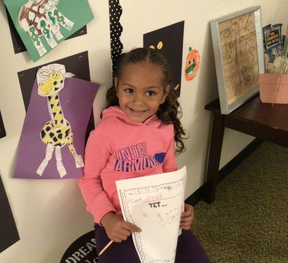
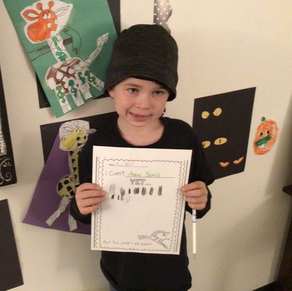
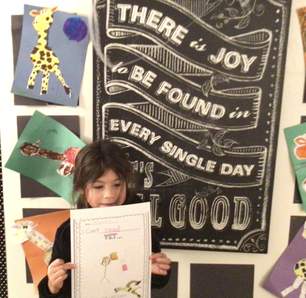
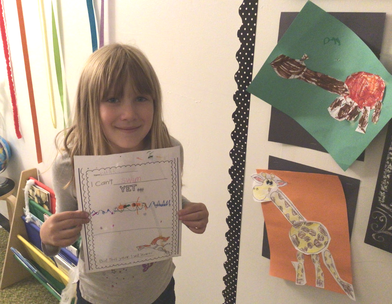
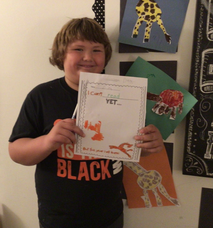
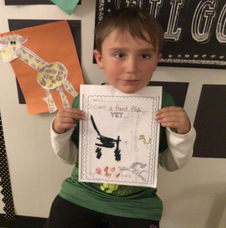

 RSS Feed
RSS Feed
